Publications
Articles, publications, books, tools and multimedia features from the U.S. Institute of Peace provide the latest news, analysis, research findings, practitioner guides and reports, all related to the conflict zones and issues that are at the center of the Institute’s work to prevent and reduce violent conflict.
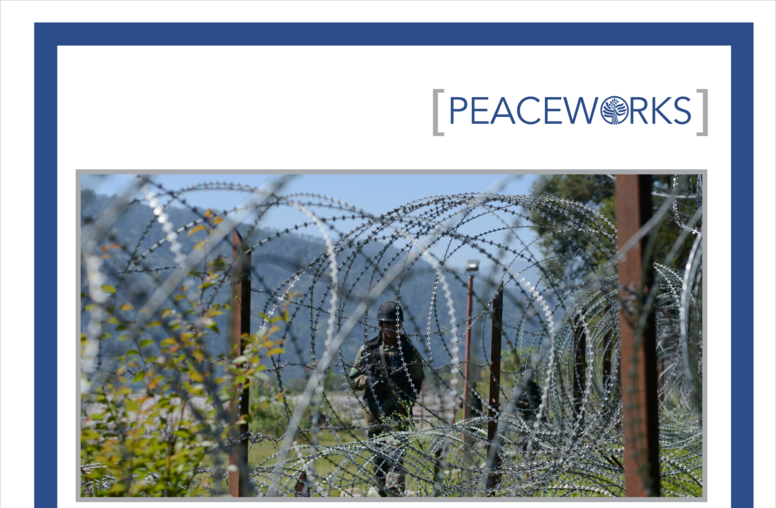
Ceasefire Violations in Jammu and Kashmir: A Line on Fire
Ceasefire violations on the border between Pakistan and India and across the Line of Control in the Jammu and Kashmir region are both a product of broader bilateral tensions and a contributor to them. Drawn on field research and extensive interviews with both Indian and Pakistani officials and senior military figures, this report argues that ceasefire violations are generally not planned, directed, or cleared by higher military commands or political establishments, but are driven by the dynamics on the frontlines. The report explains these factors in context, offering recommendations on what could be done to better manage or even avoid both tensions and escalation of conflict.
Two Vital Steps on Burma’s Rohingya Crisis
As thousands more Burmese Rohingya refugees have poured into Bangladesh this week amid new images of their home villages burned, former U.S. Ambassador Derek Mitchell underscores the need for urgent humanitarian assistance, and continued international engagement with the Burmese government to halt the violence in Burma’s western state of Rakhine.
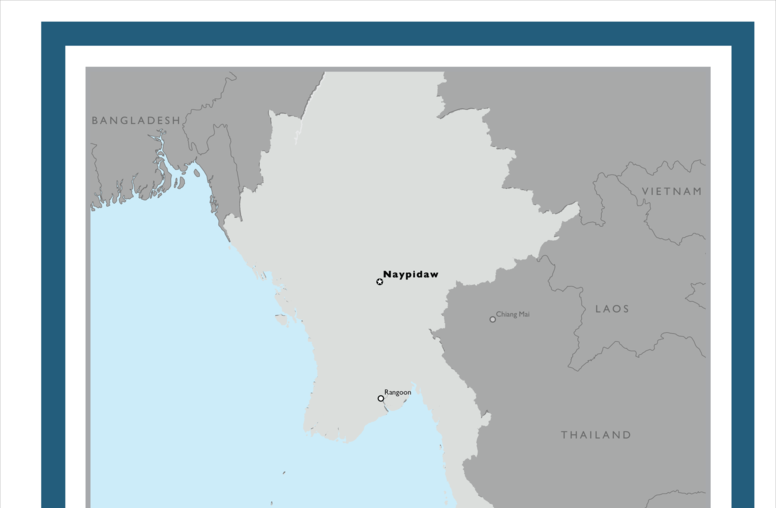
From Pariah to Partner: The US Integrated Reform Mission in Burma
This series of case studies—Burma (2009-2015), Jordan (2011-2016), and the Lake Chad Region (2013-2016)—document efforts and draw lessons from where US government leaders believe deepening crises were staved off through collaborative inter-agency engagement. Part of USIP’s “3D Learning from Complex Crises” project, the cases provide programmatic and operational lessons from complex operating environments. These lessons support systemic integrated approaches to complex crises and will better equip individuals to share objectives when working in inter-agency environments.
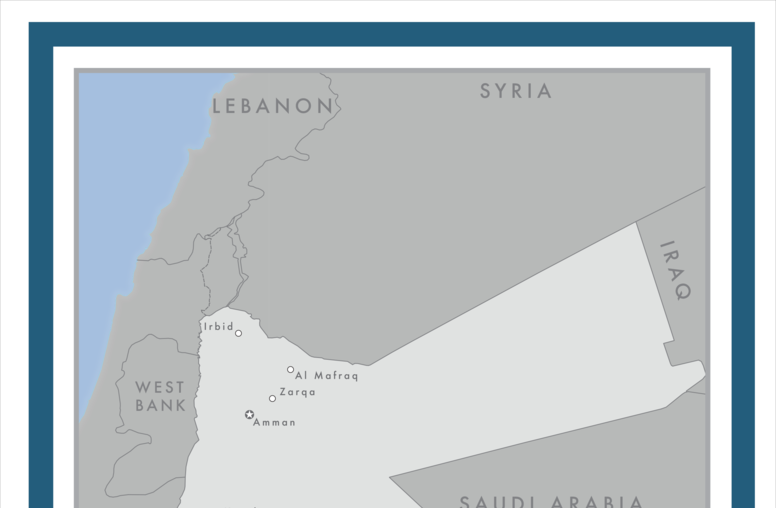
Preserving Stability Amidst Regional Conflagration: US-Jordan 2011-2016
This series of case studies—Burma (2009-2015), Jordan (2011-2016), and the Lake Chad Region (2013-2016)—document efforts and draw lessons from where US government leaders believe deepening crises were staved off through collaborative inter-agency engagement. Part of USIP’s “3D Learning from Complex Crises” project, the cases provide programmatic and operational lessons from complex operating environments. These lessons support systemic integrated approaches to complex crises and will better equip individuals to share objectives when working in inter-agency environments.
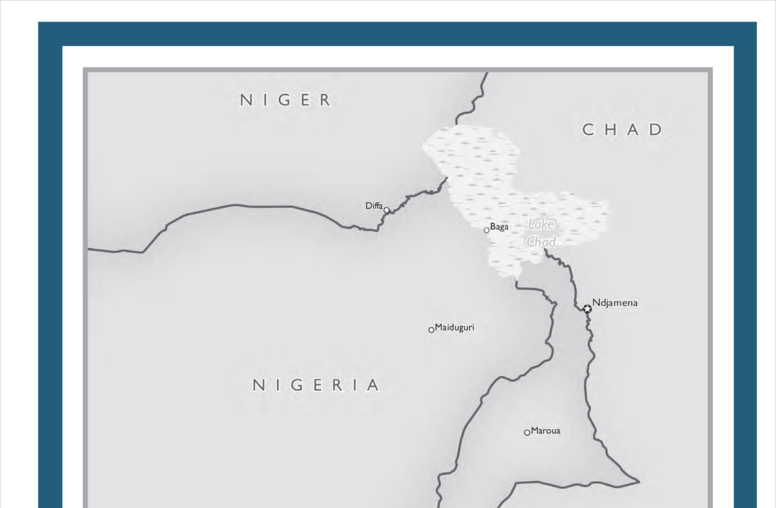
Breaking Boko Haram and Ramping Up Recovery: US-Lake Chad Region 2013-2016
This series of case studies—Burma (2009-2015), Jordan (2011-2016), and the Lake Chad Region (2013-2016)—document efforts and draw lessons from where US government leaders believe deepening crises were staved off through collaborative inter-agency engagement. Part of USIP’s “3D Learning from Complex Crises” project, the cases provide programmatic and operational lessons from complex operating environments. These lessons support systemic integrated approaches to complex crises and will better equip individuals to share objectives when working in inter-agency environments.
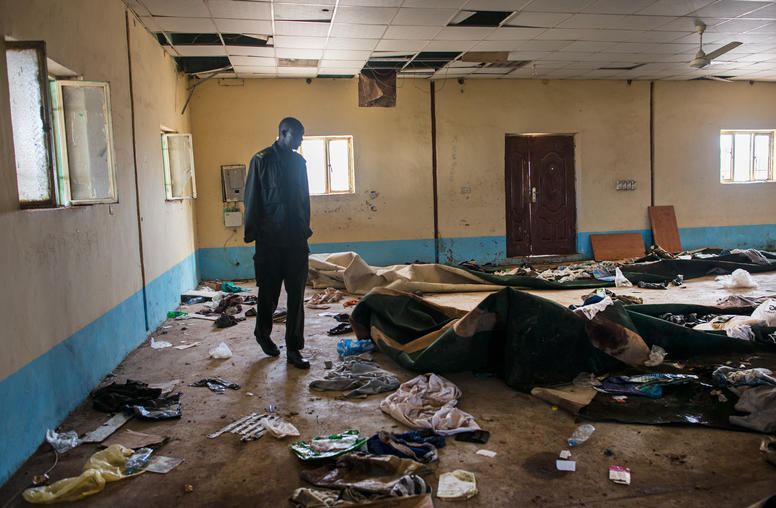
Q&A: Sudan, South Sudan Wars--Special Envoy Needed?
As the war in South Sudan rages on, its dynamics are influenced by events across the border in Sudan and by the policies of neighboring countries, regional groups and the broader international community, notably the U.S. It’s just the kind of situation that cries out for an American diplomat with the stature and the ability to work across borders to help resolve the myriad conflicts underlying the fighting, according to former Special Envoy to Sudan and South Sudan Princeton Lyman and two other former diplomats.
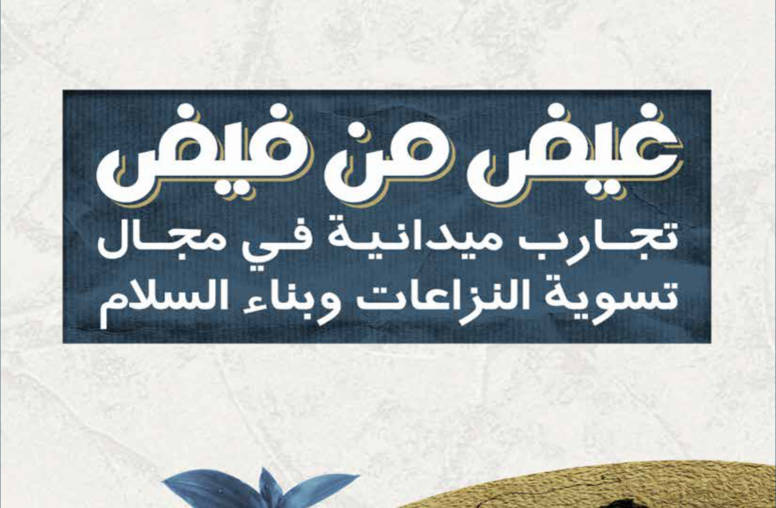
Conflict Resolution and Peacebuilding in the MENA Region: Field Tested Experiences (Arabic)
The resource book falls within the overall objectives of the regional facilitators 'funded and funded facilitators' project in a four-year partnership between the United States Institute of Peace and the Office of Democracy, Human Rights and Labor of the US State Department.

Ambassador Derek Mitchell on Myanmar
Derek Mitchell talks to us about the current humanitarian crisis in Myanmar, and addresses the international and domestic constituencies that Aung San Suu Kyi must navigate as the crisis continues.
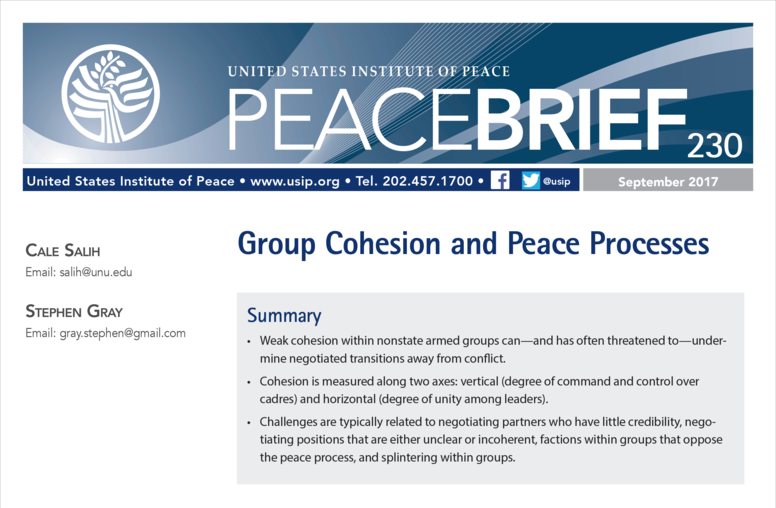
Group Cohesion and Peace Processes
Drawing on a wide range of cases, including Burma, Colombia, Senegal, and Uganda, this Peace Brief discusses the internal cohesion of nonstate armed groups, explains how weak cohesion can undermine a peace process, and offers various strategies that those supporting peace processes can deploy to mitigate such risks.
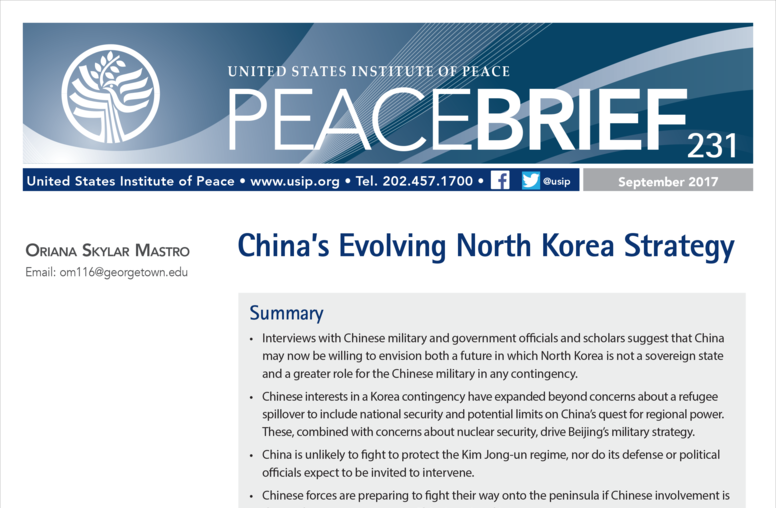
China’s Evolving North Korea Strategy
Despite Pyongyang’s recent ballistic missile and nuclear activity and threats, Beijing continues to resist US requests to apply greater economic pressure on North Korea. This measured response aside, nuanced but highly significant changes in China’s thinking on North Korea are clear. China may now be willing to envision both a future in which North Korea is not a sovereign state and a greater role for the Chinese military in any contingency. This Peace Brief reviews this thinking as well as potential Chinese motivations to intervene militarily in a Korea contingency and the implications for US policy.